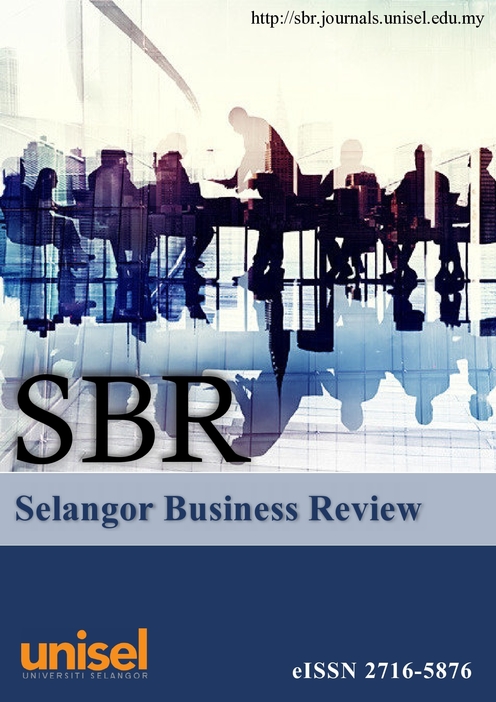Exploring the behavioural intention of pet owners towards pet accessories: An extended theory of planned behaviour
Keywords:
pet accessories, behavioural intention, attitude, subjective norms, perceived behavioural controlAbstract
The number of pet owners in Malaysia has increased rapidly in recent years, leading to significant growth in the pet industry. This industry encompasses pet food, accessories, healthcare products, grooming services, and more, and is widely regarded by economists as one of the most resilient and sustainable sectors globally. This study aims to examine the relationship between attitude, subjective norms, perceived behavioural control, and attachment, in relation to the behavioural intention to purchase pet accessories among pet owners in Malaysia. The research employs an extended version of the Theory of Planned Behaviour (TPB) to provide a more comprehensive understanding of these factors. A survey method was adopted, with data collected from 400 consumers who purchase pet accessories for their pets. The findings indicate that all four factors—attitude, subjective norms, perceived behavioural control, and attachment—significantly influence the behavioural intention of pet owners. This study is among the few that applies the extended TPB model to the context of pet accessory consumption, contributing valuable insights to both academic research and industry practitioners.



